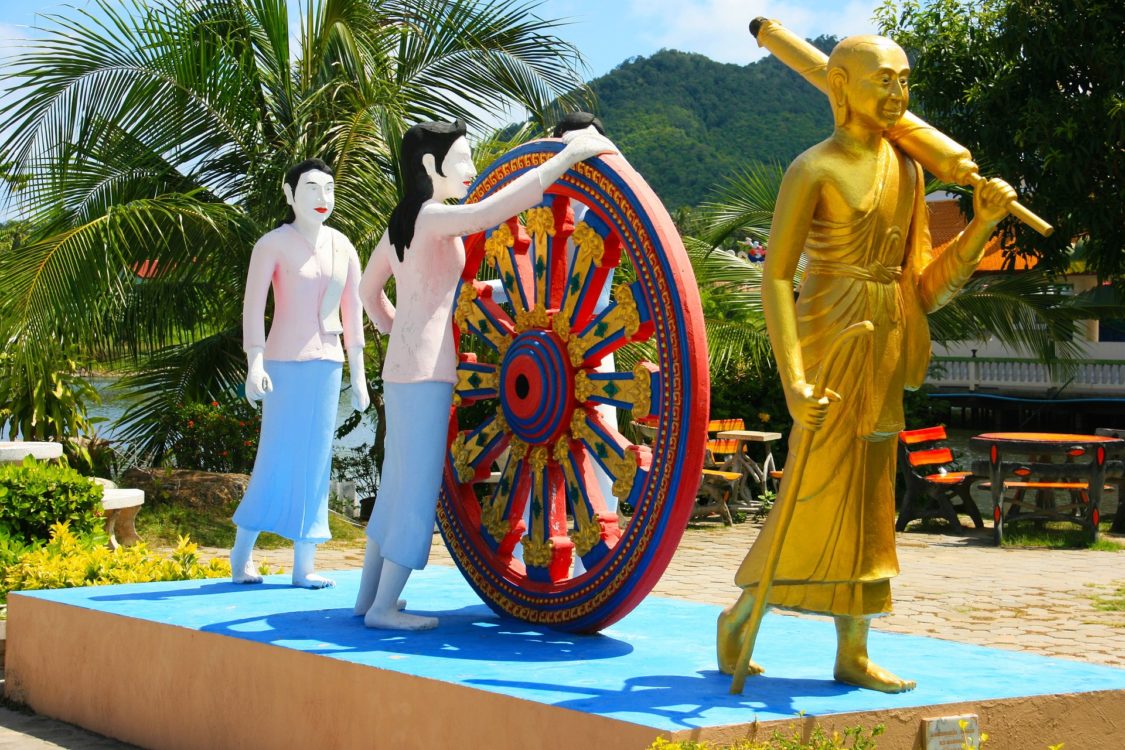Mai Pen Rai (Its Real Meaning)

In Thailand the ubiquitous phrase “mai pen rai” is well known to foreigners who have visited the Kingdom. Used in a variety of situations, mai pen rai is often translated as “never mind” or “it’s no big deal” in guidebooks, but a more accurate, albeit wordy, translation would be “this matter is so insignificant, let us not give it another thought.” Mai pen rai encapsulates much of what is admirable in the Thai character, which is heavily influenced by Buddhist philosophy.
Mai pen rai is often used in conversation where an English speaker would say “you’re welcome,” a polite phrase which basically has no equivalent in the Thai language — perhaps because “you’re welcome” sounds like a command. You are welcome to do what? You’re welcome to return my kindness some day; that’s what!
In other words, you’re welcome carries with it the feeling of “you owe me”. That is not how the Buddha (or Jesus) taught us to perform kindness and charity. Instead we are taught to act kindly with no expectation of anything in return. We are to be kind because that is the path of virtue and love. Kindness is part of our divine natures, thus when acting kindly and generously we are tapping into that divinity.
In Thailand, behaving with kindness and generosity is often expected of you, because that’s the way good people behave, and you should want to be a good person. Mai pen rai is thus the perfect response to those who thank us. It takes the ego out of our charity and kindness, erasing the idea that there is anything special about it, and casting away any notion that we desire something in return. It’s a phrase which Westerners would do well to borrow and integrate into the English language, so that it can be used regularly, even when returning home from Thailand.
Learn more about Thai language and culture by visiting our page on Thai sayings and proverbs.
- The 1st English Dhamma Talk Project, Sakon Nakhon Thailand - July 8, 2025
- Affirmations in Buddhism & Thailand - June 7, 2025
- Speak Thai Naturally Without the Gymnastics - April 20, 2025




